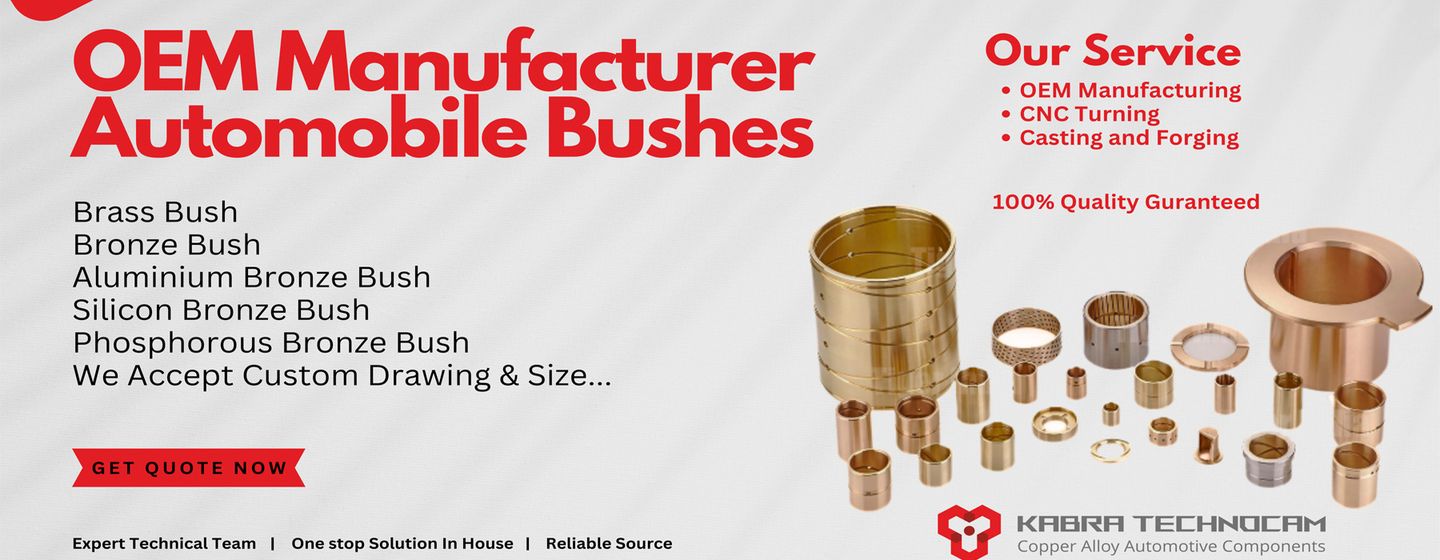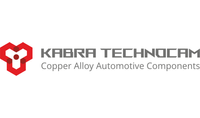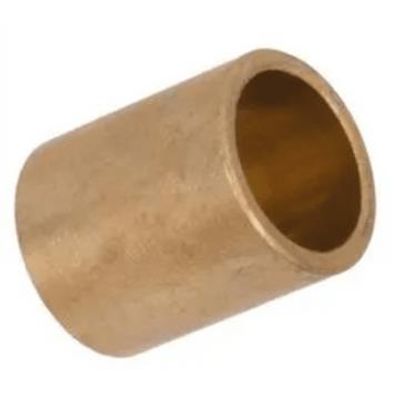

- Home
- Companies
- Kabra Technocam
- Products
- Kabra - Forged Bush

Kabra - Forged Bush
Forged bushes are crucial components used in a wide range of industries, known for their exceptional strength, durability, and versatility. Whether you’re an engineer, manufacturer, or simply interested in these versatile components, this comprehensive guide will provide you with all the information you need. In this article, we will explore the manufacturing process, applications, forged bush alloys, specifications, technical data, and frequently asked questions about forged bushes.
Manufacturing Process: Forged bushes are created through the forging process, which involves heating a metal blank and shaping it using compressive force. This method produces a strong, dense, and highly reliable bushing that can withstand demanding conditions.
Sizes: Forged bushes come in various sizes to meet the diverse needs of different industries. Common size ranges include inner diameters from 1/4 inch to 16 inches or more, outer diameters from 1/2 inch to 20 inches, and lengths from 1 inch to 24 inches or longer. Custom sizes can also be produced to meet unique project requirements.
Applications: Forged bushes find applications in numerous industries due to their exceptional properties. Some common applications include:
- Automotive Industry: Used in vehicle suspension systems, engine components, and transmission systems.
- Oil and Gas Industry: Employed in drilling equipment, valves, and pump components.
- Aerospace Industry: Found in aircraft landing gear, bearings, and structural components.
- Heavy Machinery Manufacturing: Essential for manufacturing machinery like cranes, excavators, and earthmovers.
- Power Generation: Utilized in power plant equipment, turbines, and generator components.
Alloys: Forged bushes are manufactured from various materials, including stainless steel, carbon steel, and alloy steel, depending on the application’s specific requirements. Alloy steel, for instance, offers excellent strength and wear resistance, making it suitable for heavy-duty applications.
Specifications: Forged bushes must adhere to specific industry standards and specifications, such as ASTM A105 and ASTM A182, to ensure quality and consistency in their manufacturing and use.
Technical Data Sheet: For detailed technical information, consult the manufacturer’s technical data sheet for the specific forged bush alloy you plan to use. These sheets provide information on mechanical properties, chemical composition, and more.
